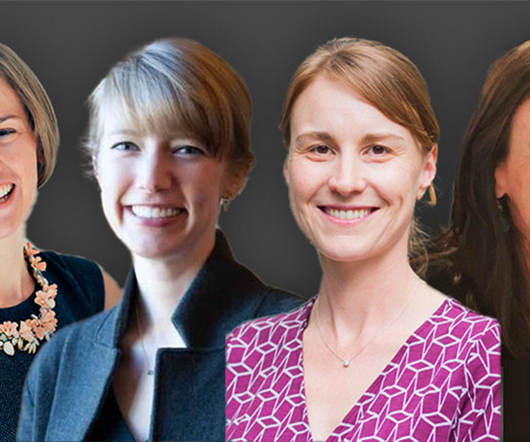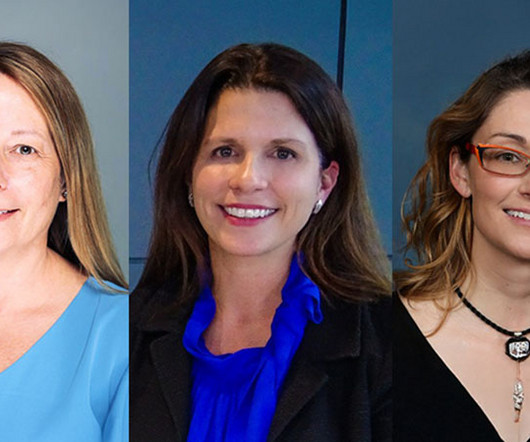250,000 Preventable Deaths Every Year: Why Climate and Health Must Be Funded Together
My Green Doctor
MAY 29, 2025
And yet, the global health sector receives less than 1% of all climate adaptation finance. We must transform healthcare into a frontline responder for climate resilience. This means: Direct influence: Training healthcare professionals to understand and manage the growing connections between environment and illness.















Let's personalize your content